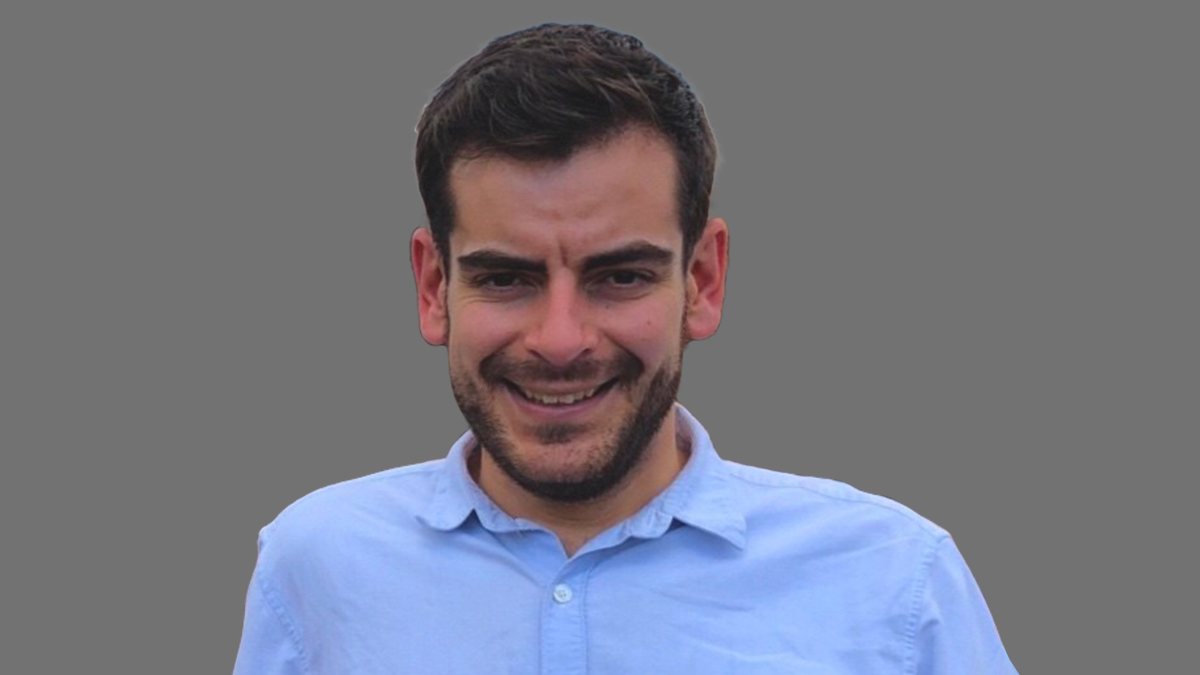
Francisco Conesa Buendia: Advancing CAR-T Therapy for Solid Tumors – Breaking Barriers with Innovation
Francisco Conesa Buendía, Assistant in Cell and Gene Therapies Manufacturing at Memorial Sloan Kettering Cancer Center shared a recent article by Danqing Zhu on LinkedIn:
“Advancing CAR-T Therapy for Solid Tumors: Breaking Barriers with Innovation.
A recent review in Advanced Materials highlights how CAR-T therapy is evolving to address solid tumors, which account for over 90% of cancers.
Challenges in Solid Tumor Therapy
- Antigen Heterogeneity: Tumors exhibit diverse and variable antigen profiles, making consistent targeting difficult. For instance, mesothelin shows high transcript levels but inconsistent surface protein expression due to TME shielding.
- Tumor Microenvironment (TME): Immune-suppressive cells (e.g., macrophages) and stromal barriers limit CAR-T efficacy and T-cell infiltration.
Innovations in CAR-T Engineering
Advanced CAR Designs:
- Boolean-Gated CARs (AND logic): Require two antigens for activation, improving specificity.
- SynNotch Circuits: Enable sequential activation in cancerous tissues only.
- Inhibitory CARs (iCARs): Enhance safety by suppressing off-target effects reducing toxicity in healthy tissues.
In Vivo T-cell reprogramming
Lipid Nanoparticles (LNPs):
- Deliver CAR mRNA directly into T cells, achieving up to 20% CAR-positive cells in vivo according to the study using CD5-targeted LNPs.
Virus-like Particles (VLPs):
- Bypassing ex vivo manufacturing, these particles selectively target immune cells and deliver CAR constructs with high specificity.
AI and Machine Learning:
- Screen massive datasets to identify selective antigens. A recent study identified unique targets by analyzing 1.4 million cells, boosting precision in colorectal and ovarian cancers.
High-Fidelity Validation Models
Engineered Organoids:
- Patient-derived organoids co-cultured with fibroblasts and immune cells replicate TME complexity, enhancing preclinical testing accuracy.
Synthetic ECM:
- Engineered matrices mimic human extracellular environments, offering reproducible and scalable alternatives to traditional basement membrane extracts.
Clinical Advances
Neuroblastoma:
- Phase I/II GD2-specific CAR-T trials showed a 63% response rate in pediatric patients, improving survival.
Gastrointestinal Cancers:
- CAR-T targeting Claudin-18.2 achieved a 38.8% response rate in adults, demonstrating promise for gastric cancers.
The Future of CAR-T Therapy:
- As interdisciplinary innovations—from biomaterials to computational biology—mature, CAR-T therapy becomes more accessible and effective for solid tumors.
- These advancements could revolutionize cancer care, addressing long-standing challenges in targeting and delivery.”
“Engineering CAR-T Therapeutics for Enhanced Solid Tumor Targeting”
Authors: Danqing Zhu, Won Joon Kim, Hyunjin Lee, Xiaoping Bao, and Pilnam Kim

Francisco Conesa Buendía is an Assistant in Cell and Gene Therapies Manufacturing at Memorial Sloan Kettering Cancer Center, where he supports the genetic engineering and clinical-grade manufacturing of T lymphocytes (CAR-T) for phase I/II clinical trials. Prior to this role, he was a Postdoctoral Scientist at Fundación Progreso y Salud, specializing in the GMP manufacturing of Advanced Therapy Medicinal Products (ATMPs), including human MSCs and chondrocyte cultures.
More posts featuring Francisco Conesa Buendía.
-
ESMO 2024 Congress
September 13-17, 2024
-
ASCO Annual Meeting
May 30 - June 4, 2024
-
Yvonne Award 2024
May 31, 2024
-
OncoThon 2024, Online
Feb. 15, 2024
-
Global Summit on War & Cancer 2023, Online
Dec. 14-16, 2023
